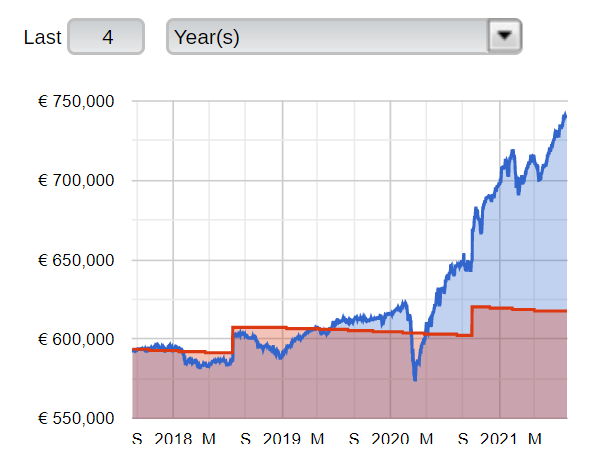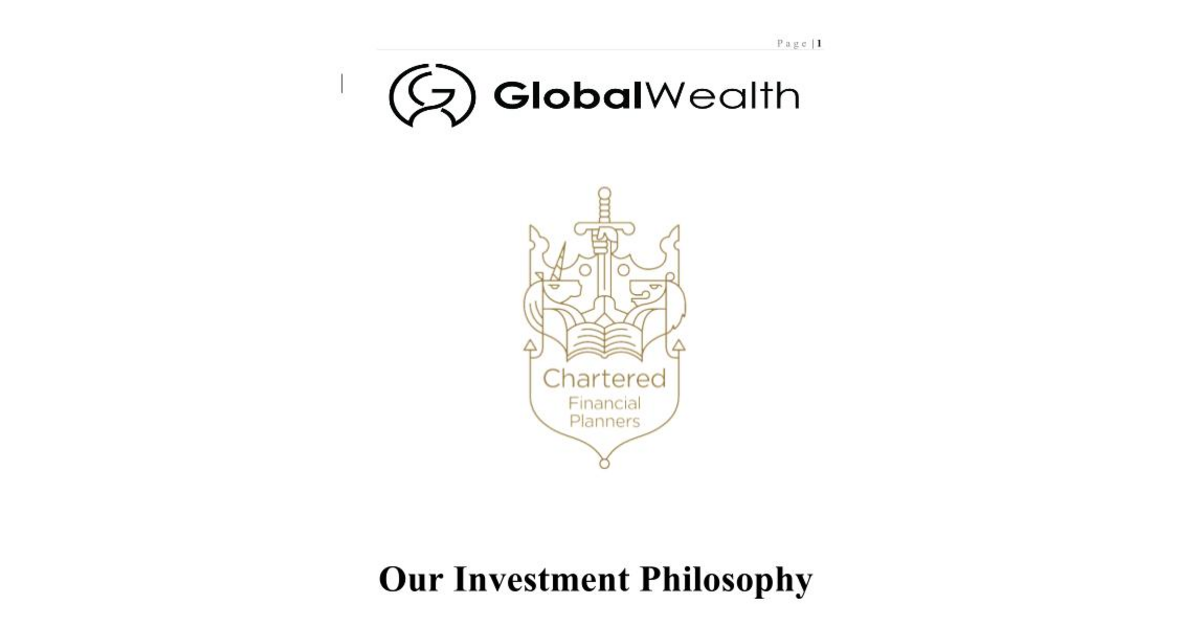it’s not like this question hasn’t been extensively studied
Bae, S.C., and J. P. Sandager (1997). What Consumers Look For In Financial Planners. Journal of Financial Counseling and Planning, 8(2), pp. 9-16.
Blanchett, D. and P. Kaplan (2013). Alpha, Beta, and Now...Gamma. The Journal of Retirement, Fall, (2) 29-45.
Brenner, L. and T. Meyll (2020). Robo-advisors: A substitute for human financial advice? Journal of Behavioral and Experimental Finance, 25, pp. 1-8.
Cheng, Y. and C.M. Kalenkosi (2011). Lost in Fees; An Analysis of Financial Planning Compensation. Journal of Wealth Management, Spring, pp. 46-54.
Egan, M. (2019). Brokers versus Retail Investors: Conflicting Interests and Dominated Products. Journal of Finance, 74(3), pp. 1217-1260.
Fama, E.F. and K.R. French (2010). Luck versus Skill in the Cross-Section of Mutual Fund Returns. Journal of Finance, 65(5) pp.1915-1947.
Finke, M.S., S.J. Huston, and D.D. Winchester (2011). Financial Advice: Who Pays. Journal of Financial Counseling and Planning, 22(1), pp. 18-26.
Haslem, J. A. (2010). The New Reality of Financial Advisors and Investors. Journal of Investing, 19(4), pp. 23-30.
Hoechle, D., S. Ruenzi, N. Schaub, and M. Schmid (2018). Financial Advice and Bank Profits. The Review of Financial Studies, 31(11) pp. 4447-4492.
Kitces, M. E. (2013). A ‘New Normal’ Look at Practice Growth. Journal of Financial Planning, 26(1), pp. 16.
Kitces, M. E. (2017). Financial Advisor Fees Comparison – All-In Costs For The Typical Financial Advisor?
www.kitces.com
Lahtinen, K.D. and S. Shipe (2018). Compensation of Investment Advisors. Journal of Investing, Spring, pp. 80-86.
MacKillop, S. (2017). It’s Time to Reexamine Your Fee Schedule. Journal of Financial Planning, 30(5), pp.34.
Mazzoli, C. and G. Nicolini (2010). To fee or not to fee: Pricing policies in financial counseling. Financial Services Review, 19, pp. 307-322.
Opiela, N. (2006). The Future of Fees. Journal of Financial Planning, 19(8), pp. 24-31. Seay, M. C., S. G. Anderson, D. R. Lawson, and K. Tae Kim (2017).
Identifying Variation in
Client Characteristics between Financial Planning Compensation Models. Journal ofFinancial Planning, 30(10), pp. 40-51.
SEC (2014). How Fees and Expenses Affect Your Investment Portfolio. Investor Bulletin –
Security and Exchange Commission’s Office of Investor Education, Pub. No. 164. Statman, M. (2000). The 93.6% Question of Financial Advisors. Journal of Investing, 9(1), pp.
16-20.
Uhl, M. W. and P. Rohner (2018). Robo-Advisors versus Traditional Investment Advisors: An Unequal Game, The Journal of Wealth management, Summer, pp. 44-50.







